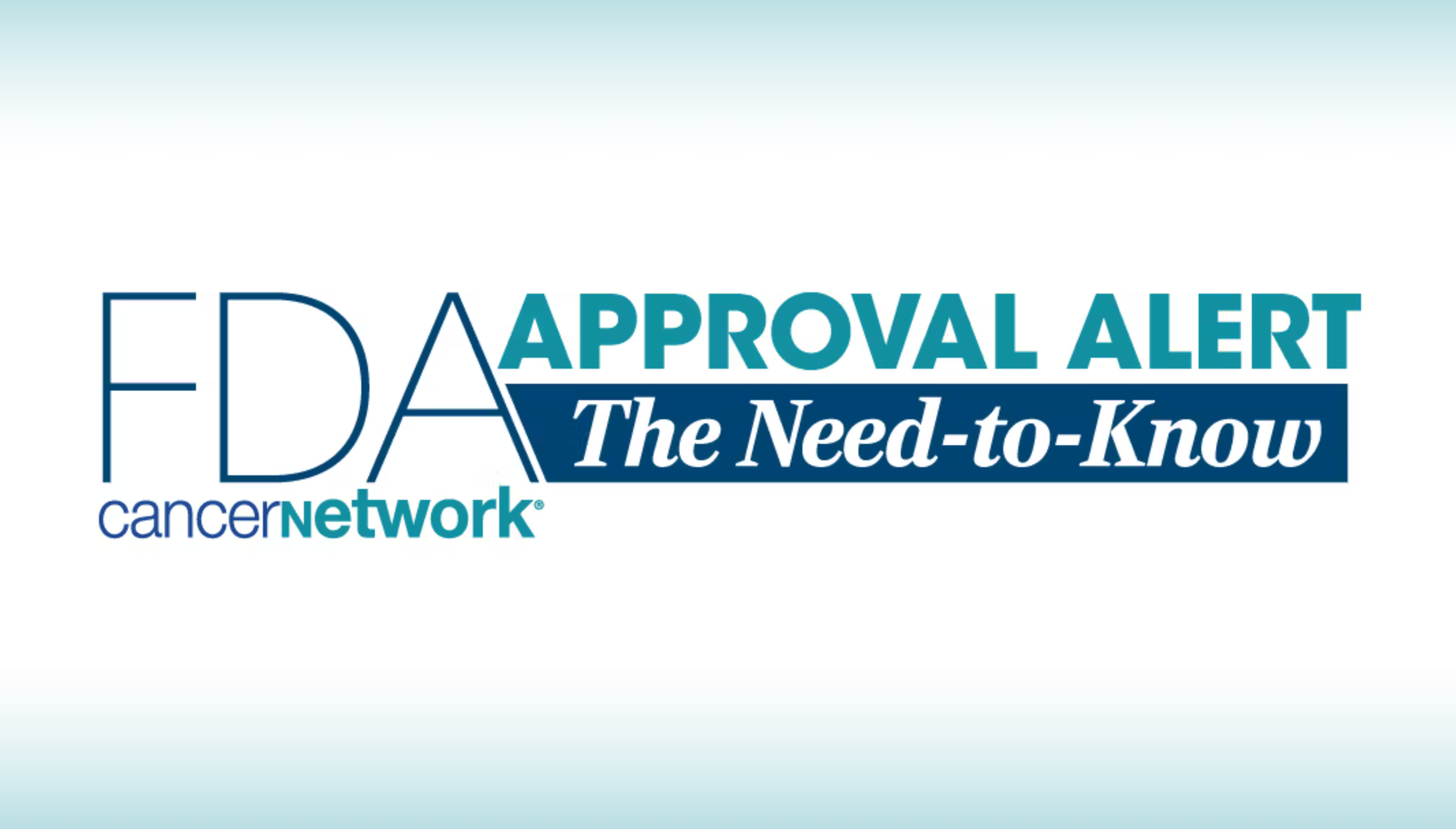FDA Traditionally Approves Daratumumab Regimen in AL Amyloidosis
Based on results from the ANDROMEDA study, the FDA has given traditional approval to daratumumab and hyaluronidase-fihj plus VCd in patients with newly diagnosed light chain amyloidosis.
Based on results from the ANDROMEDA study, the FDA has given traditional approval to daratumumab and hyaluronidase-fihj plus VCd in patients with newly diagnosed light chain amyloidosis.

The FDA has granted traditional approval to daratumumab and hyaluronidase-flhj (Darzalex Faspro) plus bortezomib (Velcade), cyclophosphamide, and dexamethasone (VCd) for patients with newly diagnosed light chain amyloidosis (AL), according to a release from the FDA.1
Supportive results came from the phase 3 ANDROMEDA trial (NCT03201965), which randomly assigned 388 patients with AL to receive either daratumumab and hyaluronidase with VCd or VCd alone.
With a median follow-up of 61.4 months, the newly approved regimen improved major organ deterioration progression-free survival (MOD-PFS) vs VCd alone, with median values of not reached vs 30.2 months, respectively (HR, 0.47; 95% CI, 0.33-0.67; P <.0001). The median OS was not reached in either arm, though an improvement was noted with the experimental regimen (HR, 0.62; 95% CI, 0.42-0.90; P = .0121).
The recommended dose is 1800 mg of daratumumab and 30,000 units of hyaluronidase administered subcutaneously into the abdomen over 3 to 5 minutes.
The prescribing label has a Warning and Precaution for cardiac toxicity, as serious or fatal cardiac events occurred in those who received the combination. A Warning and Precaution was also included for hypersensitivity and other administrative reactions, neutropenia, thrombocytopenia, embryo-fetal toxicity, and interference with cross-matching and red blood cellantibody screening.
Notably, the daratumumab and hyaluronidase is not recommended, or indicated, for the treatment of AL amyloidosis in patietns with NYHA Class IIB or Class IV cardiac disease or Mayo Stage IIIB outside of controlled trials.
Previously, this regimen was granted accelerated approval in the same indication in 2021.2
References
- FDA grants traditional approval to daratumumab and hyaluronidase-fihj for newly diagnosed light chain amyloidosis. News release. FDA. November 19, 2025. Accessed November 19, 2025. https://tinyurl.com/4zy8zbze
- FDA grants accelerated approval to Darzalex Faspro for newly diagnosed light chain amyloidosis. News release. FDA. January 15, 2021. Accessed November 19, 2025. https://tinyurl.com/36k65jky